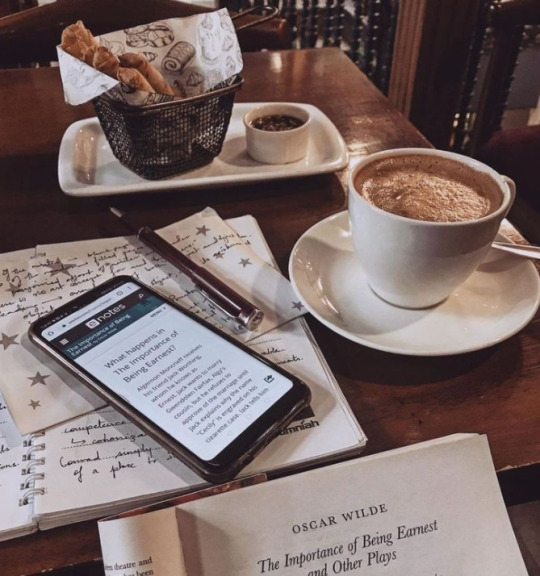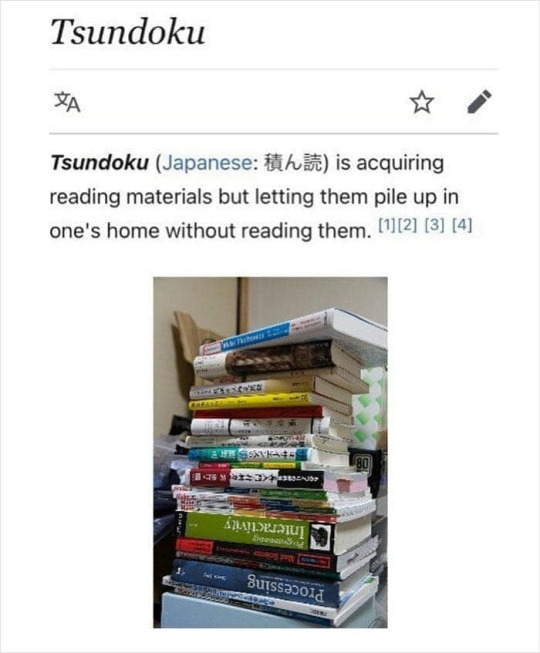Text
Websites to learn languages by reading
Hyplern
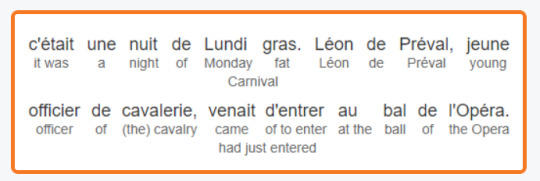
Language Crush
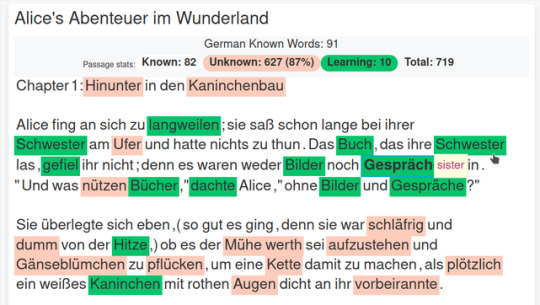
Readlang
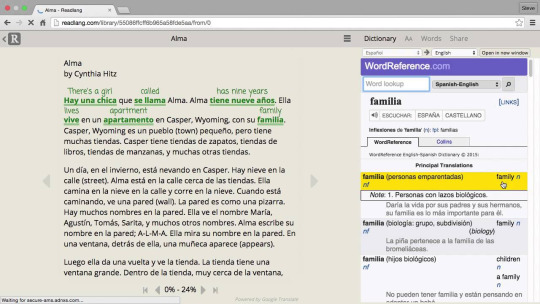
Vocab Tracker

9K notes
·
View notes
Text
The really annoying things about English being the global lingua franca:
1) Everyone learns English even if they are entirely uninterested in the language or culture, many think of English as a compulsory thing they learn in school like what math is to some other people, useful and necessary to an extent but a purely practical skill that has no emotional weight to them. If you learn, say, Hungarian as a foreign language, chances are it's probably out of genuine interest *in the language and culture*
2) Those who learn to speak English very well often experience it as a "better" language than their native language, to the detriment of their native language, which they dislike and don't use as much or as creatively as they would otherwise (a frequent sentiment among German speakers*, Dutch speakers** and speakers of Scandinavian languages***)
3) Everyone who DOESNT speak English well at all often is assumed to speak it well anyway, so there exist tons of terrible translations and cacophonous public announcements by people who don't care enough or don't know any better
*personal experience in school and uni, even among people whose English was objectively mediocre.
** see the book Turbotaal, for example, also seen online
***seen online
16 notes
·
View notes
Text
No, learning a foreign language makes you smarter, my intelligence has actually gone down since I started doing this shit
758 notes
·
View notes
Text
La lecture avancée en utilisant WikiHow

Advanced reading and Wikihow
WikiHow est un site web avec BEAUCOUP d’articles sur comment faire quelque chose. Alors c’est parfait si on veut apprendre du vocabulaire plus obscure ou spécifique.
Par exemple j’aime la danse et alors je vais apprendre du vocabulaire sur la danse parce que c’est spécifique à mes passe-temps. Il y a beaucoup d’articles sur WikiHow comme «��comment faire une pirouette » ou « comment faire du ballet chez vous » etc
En ce qui concerne du vocabulaire obscure. Pour m’aider à mieux converser avec les autres je veux connaître quelques mots à un sujet certain ou en avoir une connaissance générale.
WikiHow is a website with TONNES of articles on how to do certain things. It's therefore perfect for learning more obscure or specific vocab.
For example, I like dance and so I'm going to learn dance-related vocab because it's specific to my hobbies. There's lots of articles on WikiHow on this subject such as 'How to do a pirouette' or 'How to learn ballet at home' etc
In regards to obscure vocab, I like to know a few words to help me better converse with others or have a general knowledge of it.
E.G
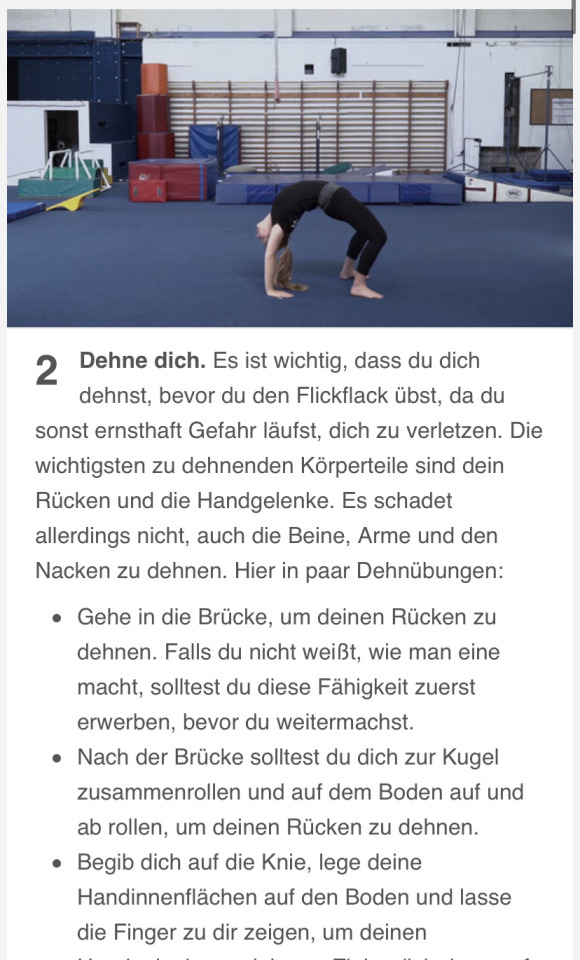
Un peu de vocab:
A bit of vocab
1. Sich dehnen = s‘étirer // to stretch
2. erwerben = aquérir // to aquire
3. Handflächen = des palmiers // palms
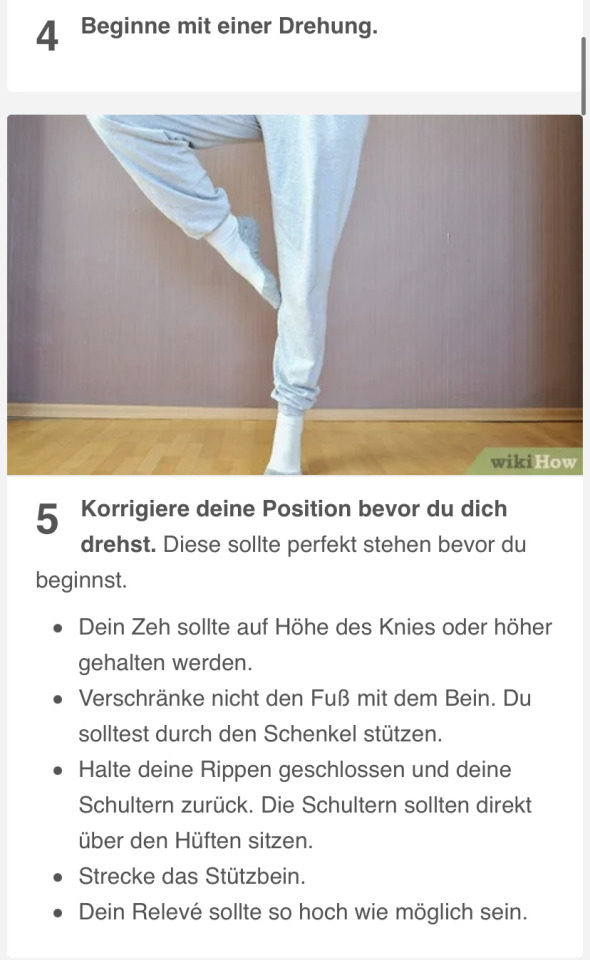
Vocab:
1. Schenkel = des cuisses // thighs
2. Hüften = les hanches // hips
51 notes
·
View notes
Text
How to self study a language without a textbook or course

Hi! I have a very short attention span, and I rarely find it in me to enjoy using only one resource to learn a language, so I often rely on immersion and actively using the language right from the beginning to learn languages. I’ve done this with pretty much all my languages, and it has worked out pretty well for me so far, especially with French! This is heavily inspired by this article on the medium, which changed my whole outlook on languages. I hope I can offer some helpful advice!
Starting off (A0 –> A2)
First of all, you’re going to have to set your goals in the language. What do you want to do in your target language? Do you want to be conversational or fully fluent? Do you want to focus on all the skills (reading, listening, writing, speaking), or only a couple? Which accent/dialect do you want to choose? Set your goals, and give yourself some habits to start sticking to.
In most cases, I would advice learning the alphabet and the pronunciation at first. For the alphabet, find a guide online and learn the stroke order. Keep on writing it over and over again. For languages like Mandarin Chinese or Japanese, where you have to memorise characters, try and memorise the most common characters. Also, find a pronunciation guide on YouTube or somewhere online, and immediately start working on it. Once you have a general idea of what the sounds are, start speaking and try to shadow natives (i.e. repeat what they say after them with the same intonation - you can do this with YouTube videos, or beginners exercises online). To practice both of these at the same time, you can try reading out loud, and maybe try dictating what you hear sometimes.
Start listening to the language a lot. Try and listen to YouTube videos and podcasts, and get used to the sound of the language. You might even want to watch a TV show or anime in your target language with English subtitles. I’d also recommend reading and listening at the same time, so if you have subtitles in your target language, then that could be great too. The more exposed you are to the natural use of your target language, the less unintelligible they will seem.
Memorise some basic vocabulary and phrases. There are loads of articles online that have basic vocabulary lists and phrases in different languages (there are even some on this website). Try memorising a few of them. In terms of what exactly you should learn vocab for, I would recommend learning vocab lists for these: numbers, subject pronouns, common greetings, the most common verbs (the first 100 should do) and their most common conjugations, days of the week, months, seasons, years, how to tell the time, how to talk about the weather, family, colours, house vocab, food, money and shopping phrases, common adjectives, common places, adverbs, parts of the body and medical vocabulary (I got all of this from this post). It’s a lot, but it will give you a strong foundation. You can then start learning vocabulary for your interests specifically. You can do this using multiple methods. First, you could use flashcards, like anki, memrise and Quizlet. You could also play around with apps like Duolingo or Lingodeer. Also, you could write them down, and keep testing yourself on them until you have them memorised (both target language to english, and english to target language). Make sure that you have audio, and that you know how the word/phrase sounds, and the pronunciation.
Start speaking with someone online. I recommend apps like Tandem and HiNative. Start trying to have conversations of basic topics straight away, and make sure you get corrections. Look up the words as you go.
Memorise a few basic grammar structures. This is especially important for languages like Korean or Japanese, which have extremely different grammar structures to English. Learn basic present, past and future tenses, along with basic articles and determiners, agreement, reflexive verbs, basic particles, negation and gender.
Immerse. I would recommend starting off with posts and videos that offer advice about things, since the language used in these tend to be simplistic, but topic specific. You can also use apps like LingQ. When practicing listening and reading, you can use the advice in these two posts (listening, reading). Don’t memorise every word you come across, and slowly try to ease yourself in.
Making the leap to the intermediate stage (A2 –> B1)
Vocabulary: I’ve already talked about methods of memorising vocabulary earlier, so I won’t talk about it again. As for what you should be memorising, I would suggest basing it on your interests and topical issues. When you immerse, and come across certain interesting words, then memorise them. You can also explore the tag for your target language on tumblr, and try and memorise some of the in depth vocabulary lists on here.
Grammar: I would suggest finding a specification, or list of grammar structures for the intermediate level, and learn all of them using articles and youtube videos. Then, try and use the rules regularly in your speaking and writing and receive corrections. Also, do practice questions.
Listening: I have gone in depth on how to practice listening in the post I mentioned earlier, so I won’t elaborate too much. Overall, I’d say that it is better to make sure that you are listening to the language a lot, and that what you are listening to is comprehensible input.
Reading: Find some learners exercises online, and keep doing them. You can also just generally try to read more, based on your interests. I would also suggest to apply the methods from the post I mentioned earlier.
Writing: Try and write a few sentences every now and then, and use your new grammar structures and vocabulary as much as possible. Make sure that you receive corrections. I have gone in depth on this subject in this post.
Speaking: Find a speaking buddy online, and try and organise meetings, where you just try and practice speaking. Look up words you don’t know, and be brave: most people are kind, and won’t mind if you make mistakes, so keep trying to move forward.
Going from intermediate to conversational (B1 –> B2)
Vocabulary: Focus on your interests, and areas that will be useful to you. Make sure that you actually use the words that you are memorising while writing and speaking.
Grammar: I think the same advice as the beginner to intermediate stage is applicable here.
Listening: Listen to both intermediate podcasts and YouTube videos in the target language (innovative languages, iyagi, dreaming spanish, a piece of french, InnerFrench etc.), and also to native material (youtube videos, films, TV shows, vines, tiktoks etc.) that you find interesting. Use transcripts or subtitles (in the target language) to memorise new vocabulary, and then keep repeating the audio until you understand everything.
Reading: Read whatever you can get your hands on, as long as it is reasonably simple enough. I would recommend kids books, and also translations of books that you have already read in your target language.
Writing: Try starting a journal in your target language, and also try writing letters/e-mails to people, and maybe write some essays on topical issues. Once again, make sure that you get corrections.
Speaking: Continue having conversations with people in your target language. Let yourself make mistakes and be corrected, because that is the only way to improve. For your accent and pronunciation, shadow native material (I use Easy Languages for this).
This is as far as I have gotten in terms of my self-study journey, so I’m afraid I won’t be able to offer much more advice. When I eventually reach an advanced C1 level in a language, then I’ll definitely make a post about that. Thank you for reading this post! I hope it was useful to you!
2K notes
·
View notes
Text
I haven't taken any beginners level classes for a long time so this is all sooo weird. Like being a beginner when self studying is okay because you're just stupid by yourself but in front of a teacher???
45 notes
·
View notes
Text
i wish all people who are learning japanese because of anime, korean because of kpop, french for the aesthetic, etc, a wonderful night <33
i wish all people learning their mother tongue because nobody ever taught it to them the sweetest dreams <33
i wish all people learning languages because they are fond of physical aspects, the writing system, grammar cases, etc, a night with no interruptions, or any harm in their way <33
any and all people that gatekeep languages because "they aren't learning it for the right reasons" or those who say "_____ is so much more than kpop/anime/etc so you can't learn it" can dream of nothing but hellfire and their loved ones dying <33
156 notes
·
View notes
Text
Hi my langblr fellas,
I've seen this post make the rounds and I just wanted to guve a heads up: it seems like the website they link to has changed their structure/aim and I think it's mostly focused towards schools.

I've seen this post make the rounds and I just wanted to give a heads up: it seems like the website they link to has changed their structure/aim and I think it's mostly focused towards schools nowadays.
I was very sad when I clicked on the link and it didn't show what I was expecting, so I looked around a bit and found a similar site for german: it's called Deutsch Akademie and, as far as I know, it's completely free to use and practice your German grammar.
I looked around for other languages and found the following:
English: The British Council
German: Deutsch Akademie
Spanish: Todo Claro
French: Le Point du Fle
Italian: Scuola e dintorni
I know it's not a lot but it's better than nothing. If you know of a better resource website, please add it below or put it in my inbox!
721 notes
·
View notes
Text
the grad student teaching this linguistics course has said “…but that’s just a theory, because we can’t test it for all kinds of ethical reasons” four times in the past hour and it’s making me start to worry if we’ve been neglecting mad linguists as a form of mad scientists for too long
42K notes
·
View notes
Text
Où trouver des choses à lire en français ?
Vous avez du mal à trouver des choses à lire en français ? À trouver des textes à votre niveau, ou à trouver des textes intéressants ? Si vous avez besoin de plus de contenu authentique français, découvrez cette liste avec 9 sites de web où on peut trouver exactement ça.

Webtoon (https://www.webtoons.com/en/)
Un plateforme pour lire des BD (bandes dessinées). Il existe une application et un site de web. Gratuit. Je recommande le webtoon « Adorablement chien ».
Theconversation (https://theconversation.com/fr)
J’ai fait une poste sur theconversation.com, vous pouvez le trouver ici. C’est un site de web où on trouve des articles scientifiques sur des diverses sujets comme la culture ou l’environnement.
Wattpad (https://www.wattpad.com/)
Certes, Wattpad n’a pas la meilleure réputation, mais c’est un plateforme gratuit où tout le monde peut publier des histoires alors il y a beaucoup de choses à lire. Si on cherche, on trouvera des bonnes histoires.
Archive of our own (https://archiveofourown.org/)
Un site pour la fanfiction. Je l’ai pas beaucoup utilisé mais j’ai entendu qu’il y a beaucoup de bon contenu là-bas (si on aime la fan-fiction bien sûr).
Wikipédia (https://fr.wikipedia.org/wiki/Wikipédia:Accueil_principal)
Wikipédia a des articles sur presque tout. C’est donc très utile pour trouver des choses à lire, et de plus, c’est pas trop difficile de trouver des articles qu’on trouve intéressants.
Se coucher moins bête (https://secouchermoinsbete.fr/)
Des anecdotes sur tout. Parfois très intéressant, et les textes sont souvent pas trop longs, ce qui est une bonne chose si on n’apprécie pas les textes longs.
Les actualités (par exemple Le Monde, Le Figaro, France Info)
On peut pratiquer sa langue cible en lisant les actualités. Le Monde, Le Figaro et France Info sont des exemples de sources d’actualités qu’on peut trouver en ligne.
Wikisource (https://fr.wikisource.org/wiki/Wikisource:Accueil)
Une sorte de bibliothèque en ligne. Les textes sont libres d’accès et librement distribuables (souvent parce que le copyright a expiré à cause du temps). On y trouve par exemple les comtes des frères Grimm, tels que Blanche Neige et Jacque Haricot.
29 notes
·
View notes
Text
French Etymology #16
École (school)
École comes from the Middle French eschole, from the Old French escole. Escole was borrowed from the Latin schola, which itself originated from the Greek skholḗ. Skholḗ came from the PIE root *seǵʰ-, meaning to hold.
69 notes
·
View notes
Text
French Etymology #16
École (school)
École comes from the Middle French eschole, from the Old French escole. Escole was borrowed from the Latin schola, which itself originated from the Greek skholḗ. Skholḗ came from the PIE root *seǵʰ-, meaning to hold.
69 notes
·
View notes
Text
All those people who criticise learning a language in high school like “I did Spanish for 4 years and don’t remember anything!” as though this proves something…..ok…. but did you try during that time though??? you can’t just show up to a class and expect to learn a language; what you learn needs to be supplemented by a lot of practice on your own part. And what’s even more bizarre is that I saw this attitude in uni too like, people in my beginner italian class would be so confused at how I remembered most of the stuff from the previous lesson? I was like well I used a flash card app to revise the vocab and they were like :O
311 notes
·
View notes
Text
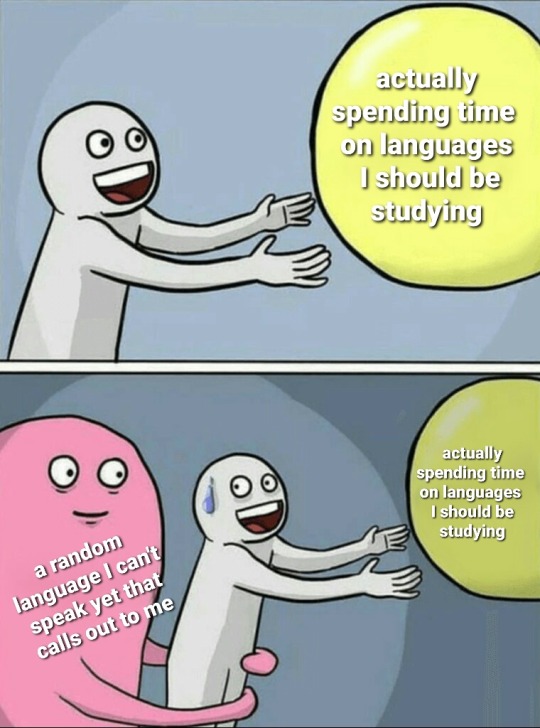
My heart says I should pick up Italian, my schedule says I am crazy
239 notes
·
View notes
